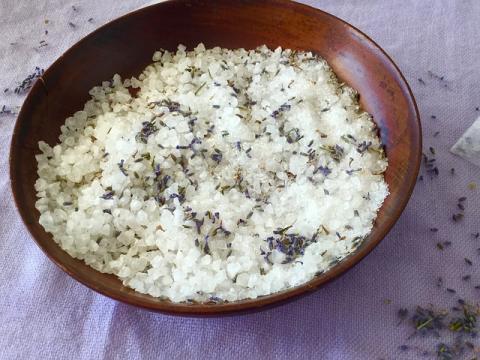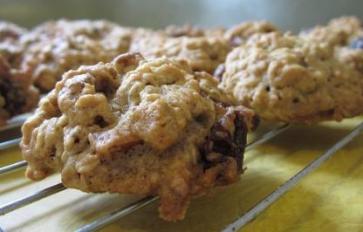
Magnesium is a trending supplement, and for more reasons than you might think. While stress and anxiety are at all-time highs due to our fast-paced lifestyles, our food is becoming less nutrient-dense due to the depletion of our soil. The widespread use of pesticides and the pressure to maintain a high crop turnover has left little room for our soil to replenish its nutrients through fallow fields or crop rotation. While the organic kale you eat in your salad today might seem like the healthiest option we’ve ever had, the kale your great-grandparents ate was likely filled with more nutrients and vitamins.
One of the biggest nutrients we’ve lost is magnesium, which is responsible for 300 different processes, as cited in the Nourish & Heal issue by Betternutrition magazine. These include blood pressure regulation, energy synthesis, assisting in bone and teeth formation, muscle relaxation, heart rhythm regulation, and more.
This article seeks to demonstrate why you might be missing magnesium in your diet–and what to do about it.
Do you experience anxiety and/or stress on a daily or weekly basis? Do you drink carbonated beverages, like soda or even sparkling water? Do you enjoy pastries and sweets like donuts, muffins, cookies, cake and pie? Do you regularly consume caffeinated drinks like coffee or even green tea? Do you experience muscle cramps -- before, during, after, or not in relation to exercise?
Chances are, you need magnesium. Three-quarters of Americans have insufficient magnesium levels–that means, three of every four people reading this article likely need to add it to their diet. Here’s how to do it:
1. Magnesium Supplement
This is the fastest and most convenient way of adding extra magnesium to your diet. Magnesium citrate is the best form, and can be found in popular and worthwhile brands like Natural Vitality’s Natural Calm, which uses magnesium citrate–the most readily absorptive kind for our body. The fizzy, refreshing taste works well as a natural, non-dependent forming sleep aid, too.
2. Magnesium Flakes (Take a Bath)
Has anyone ever advised you to take a relaxing bath using epsom salts or magnesium flakes? This time, opt for the latter and mix in one cup of magnesium with a few drops of essential oils like lavender or geranium. Try to spend at least 20 minutes in the bath for best absorption. As a bonus, this a great way to heal taxed muscles.
3. Magnesium-rich Foods
Due to the depletion of our soil, it is unlikely that most of us can absorb the required amount of magnesium from whole foods alone. That said, there are some foods that have higher amounts of magnesium than others. These foods include leafy greens like Swiss chard, collard greens, and kale; nuts and seeds like flaxseeds, pumpkin seeds, cashews, brazil nuts, and almonds; fatty fish like salmon, cod, and mackerel; and dark chocolate–yes, chocolate! Opt for darker varieties with less sugar for your biggest benefits.








